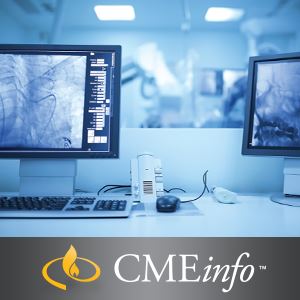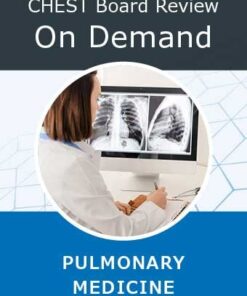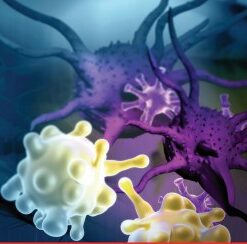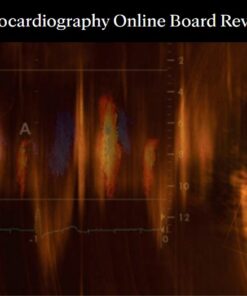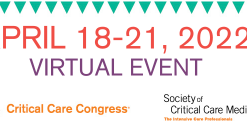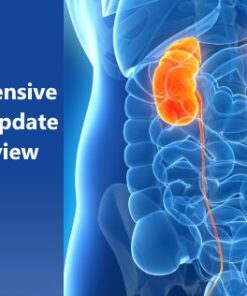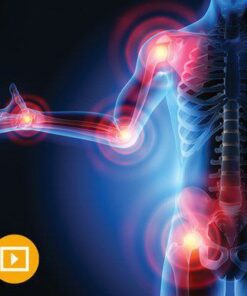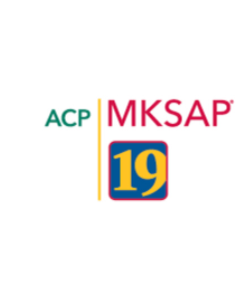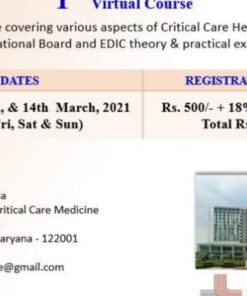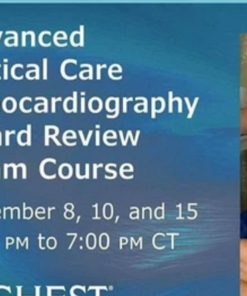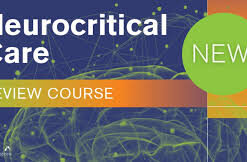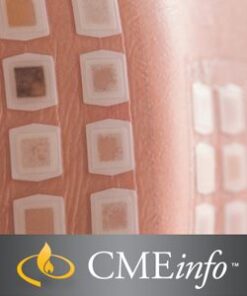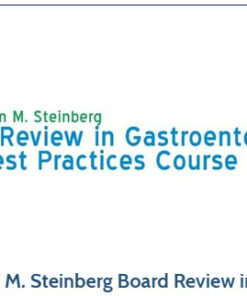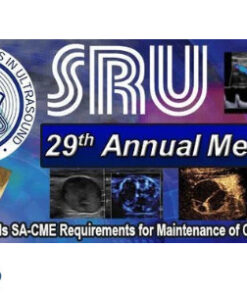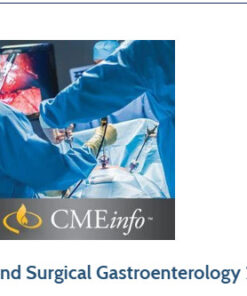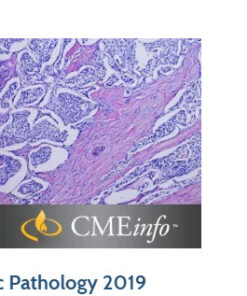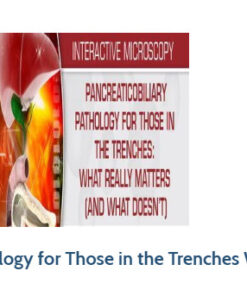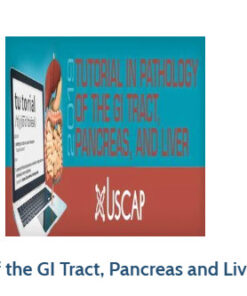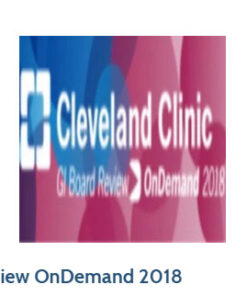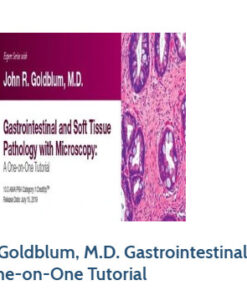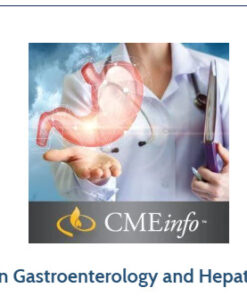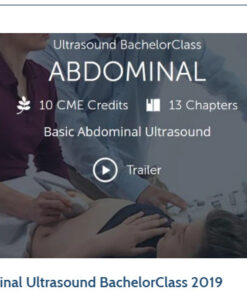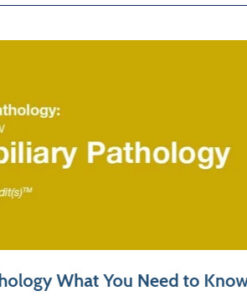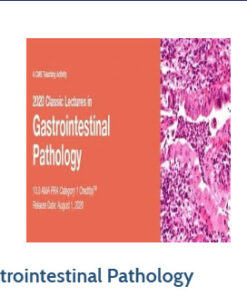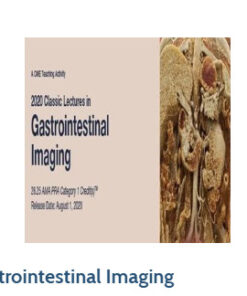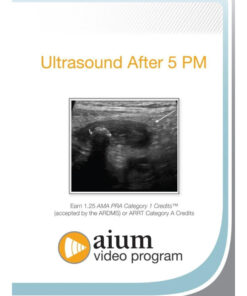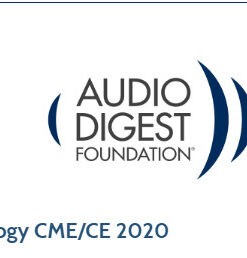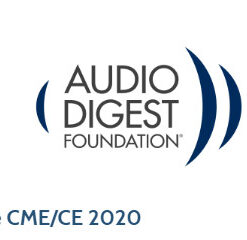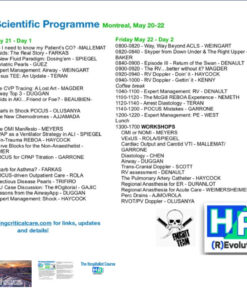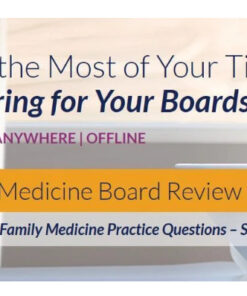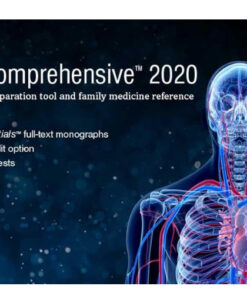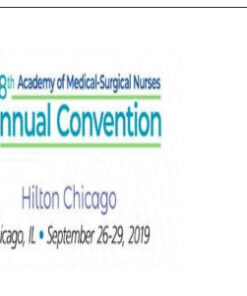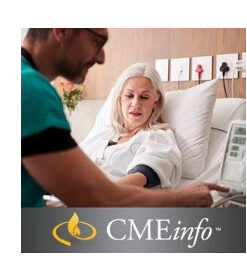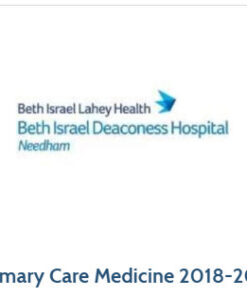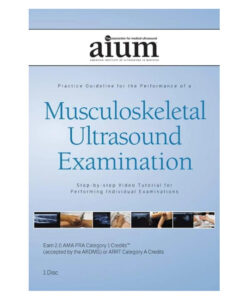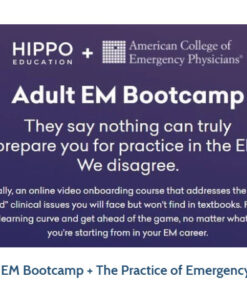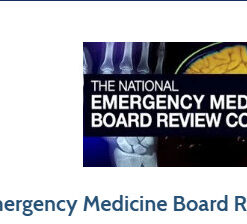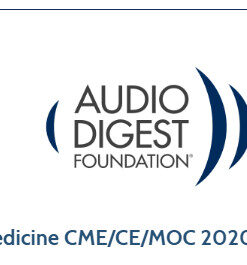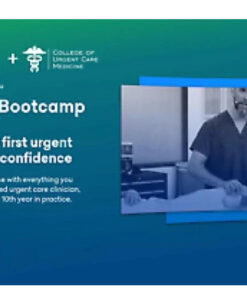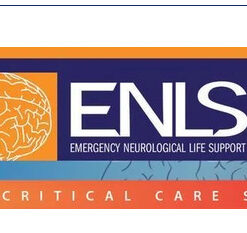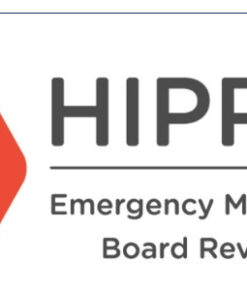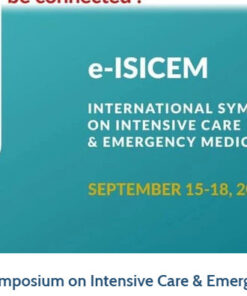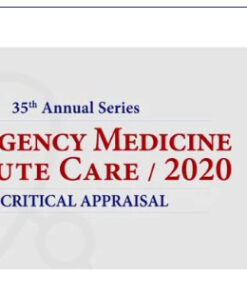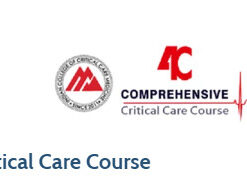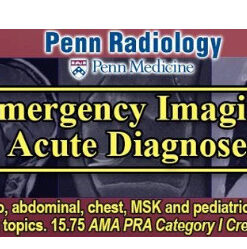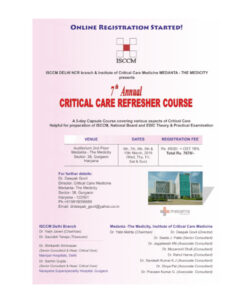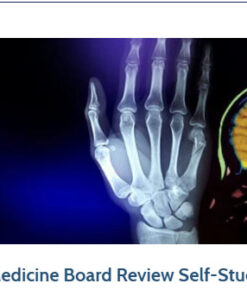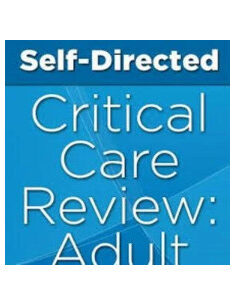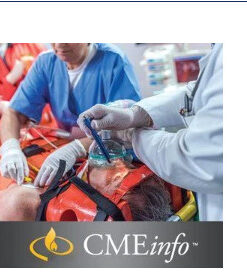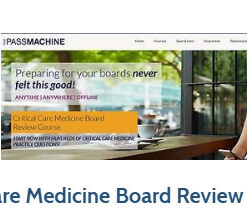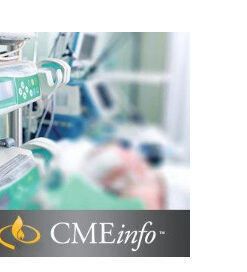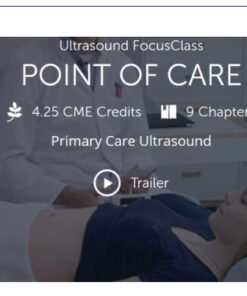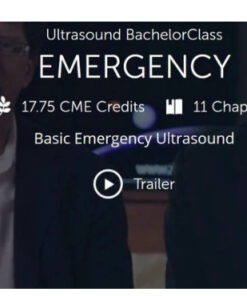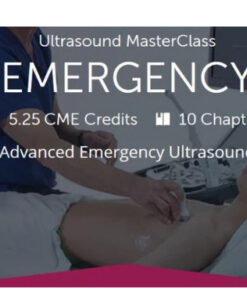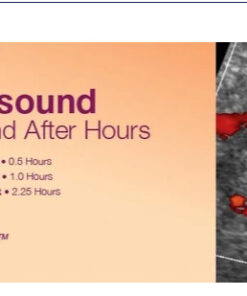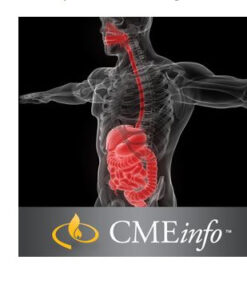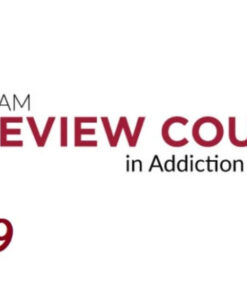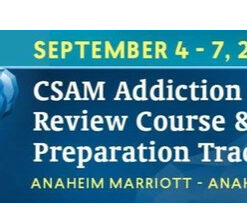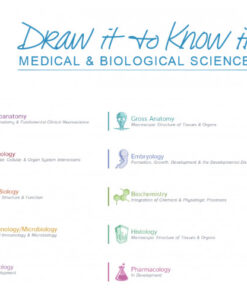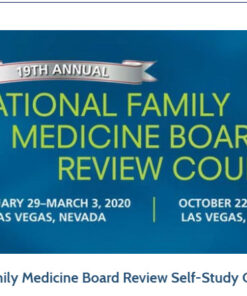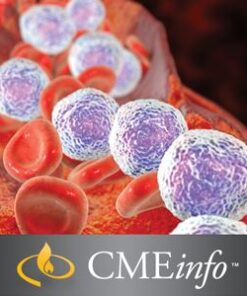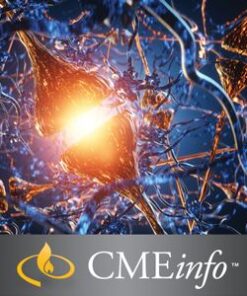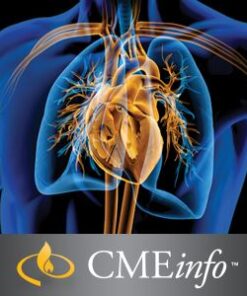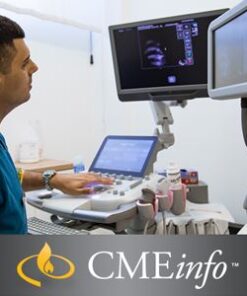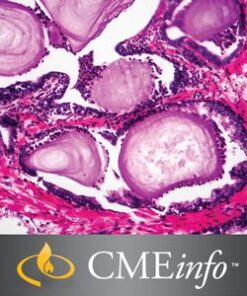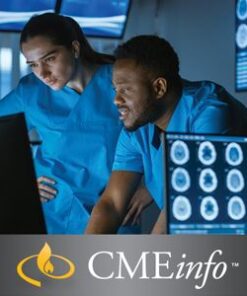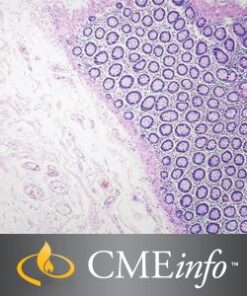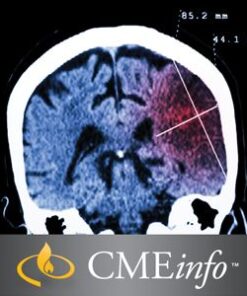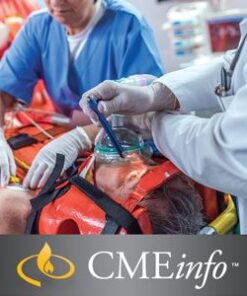- Format: 60 Video Files (.mp4 format) + 2 PDF files.
- File Size: 9.94 GB.
-
Note : We will send ebook download link after confirmation of payment via paypal success
Payment methods: Visa or master card (Paypal)
- Improve technique in arterial and venous interventions
- Grasp the implications of interventional oncology procedures
- Know the benefits and limitations in selecting IR devices (shunts, stents, catheters, etc)
- Correctly interpret CT, MR and US non-invasive vascular images
- Understand the scope of Neurointerventional and Musculoskeletal interventions
- Recognize the limitations and possible pitfalls and safety issues associated with IR procedures
- Improve technique in arterial and venous interventions
- Understand the implications of interventional oncology procedures
- Describe indications and recommend techniques for gastrointestinal and genitourinary tract interventions
- Know the benefits and limitations in selecting IR devices (shunts, stents, catheters, etc)
- Correctly interpret CT, MR and US non-invasive vascular images
- Understand the scope of Neuro and Musculoskeletal interventions
- Identify potential pitfalls and safety issues associated with IR procedures in order to minimize complications
- CT Angiography: What’s New? – Maureen P. Kohi, MD, FSIR
- Updates on MR Angiography – Mark W. Wilson, MD
- Contrast Enhanced Ultrasound – Stefanie Weinstein, MD, FSAR
- Vein Mapping and Interpretation – Vishal Kumar, MD
- Aortic Aneurysms – K. Pallav Kolli, MD
- Complex Endoleak Interventions – Evan D. Lehrman, MD
- Peripheral Artery Disease and Aorto-iliac – Richard R. Saxon, MD, FSIR
- Superficial Femoral Artery and Restenosis – Richard R. Saxon, MD, FSIR
- Left Gastric Artery Embolization- Ryan M. Kohlbrenner, MD
- Mesenteric and Renal Arterial Disease – Anand S. Patel, MD
- Visceral Artery Aneurysms – Trushar J. Patel, MD
- Endovascular Trauma – Miles B. Conrad, MD, MPH
- Critical Limb Ischemia and Below-the-Knee – Richard R. Saxon, MD, FSIR
- Acute Ischemia Cases – Richard R. Saxon, MD, FSIR
- Multidisciplinary Approach to Hepatocellular Carcinoma – Nicholas Fidelman, MD, FSIR
- TACE and TAE for HCC – Ryan M. Kohlbrenner, MD
- Radioembolization for Hepatocellular Carcinoma – Nicholas Fidelman, MD, FSIR
- Percutaneous Liver Ablation – Evan D. Lehrman, MD
- Arterial Therapy: mCRC – Nicholas Fidelman, MD, FSIR
- Arterial Therapy: mNET – Nicholas Fidelman, MD, FSIR
- Arterial Therapy: Cholangiocarcinoma – Ryan M. Kohlbrenner, MD
- Ablation for Liver Metastases – K. Pallav Kolli, MD
- Renal Ablation – Andrew G. Taylor, MD, PhD
- Lung Ablation – K. Pallav Kolli, MD
- Portal Vein Embolization – Evan D. Lehrman, MD
- Therapy for Hepatocelluar Carcinoma and Colorectal Cancer – Nicholas Fidelman, MD, FSIR
- Bone Biopsy and Radiofrequency Ablation – Thomas M. Link, MD, PhD
- Treatment of Painful Osseous Metastases – Matthew D. Bucknor, MD
- Ultrasound-guided MSK Interventions – Tara A. Morgan, MD
- Best Practices for Periprocedural Care – Nicholas Fidelman, MD, FSIR
- Portal Hypertension 1: TIPS/DIPS/BRTO – Jeanne M. LaBerge, MD, FSIR
- Portal Hypertension 2: PV Recan, HV Stenting, Splenic Eembolization – Jeanne M. LaBerge, MD, FSIR
- Biliary Tract Interventions – Nicholas Fidelman, MD, FSIR
- Big Procedures for Little People: Pediatric IR – Matthew P. Lungren, MD
- Lymphangiography & Interventions – Evan D. Lehrman, MD
- Urinary Tract Intervention – Andrew G. Taylor, MD, PhD
- Embolization of Renal AML and RCC – Andrew G. Taylor, MD, PhD
- Radiation Safety in IR – Ryan M. Kohlbrenner, MD
- Handling Hazards in the IR Suite – Nicholas Fidelman, MD, FSIR
- Gastrointestinal Bleeding – Ryan M. Kohlbrenner, MD
- PAE: Basics to Complex – Ryan M. Kohlbrenner, MD
- Microcatheters & Other Toys – Andrew G. Taylor, MD, PhD
- Embolic Agents: How to Choose? – Andrew G. Taylor, MD, PhD
- Tunneled Catheters and Denver Shunts – Sujal Nanavati, MD
- Stroke Interventions – Steven W. Hetts, MD
- Vertebroplasty: How I Do It? – Matthew R. Amans, MD, MSc
- Endovascular Management of Retinoblastoma – Steven W. Hetts, MD
- Spine Interventions – Cynthia T. Chin, MD
- Management of Symptomatic Uterine Fibroids – Maureen P. Kohi, MD, FSIR
- PPH: What To Do? – Maureen P. Kohi, MD, FSIR
- Gonadal Vein Embolization – Maureen P. Kohi, MD, FSIR
- The ABR IR/DR Exam – Jeanne M. LaBerge, MD, FSIR
- Treatment of Pulmonary Embolism – K. Pallav Kolli, MD
- Superficial Venous Therapy – Vishal Kumar, MD
- Management of Deep Vein Thrombosis – K. Pallav Kolli, MD
- Complex Venous Recanalization – Evan D. Lehrman, MD
- Complex IVF Filter Retrieval – Andrew G. Taylor, MD, PhD
- Dialysis Access Interventions – Mark W. Wilson, MD
- Management of Vascular Malformations – Daniel L. Cooke, MD
- Management of PAVMs – Miles B. Conrad, MD, MPH
UCSF Interventional Radiology Review 2019
Oakstone CME Info
Improve Competence in Interventional Radiology
This CME program, featuring experts in the practice of Interventional Radiology, is a comprehensive review of the core concepts and cutting-edge trends in the field. UCSF Interventional Radiology Review, with case-based lectures and in-depth discussions, covers a plethora of topics including updates on MR angiography, vein mapping and interpretation, renal ablation, portal vein embolization, biliary interventions, stroke interventions, etc. It will help you to:
Expand Your Skills
Available online, UCSF Interventional Radiology Review provides a maximum of 28.25 AMA PRA Category 1 Credits ™ and access to unbiased, evidence-based content to help you incorporate the latest guidelines into your daily practice.
Accreditation
The University of California, San Francisco School of Medicine (UCSF) is accredited by the Accreditation Council for Continuing Medical Education (ACCME) to provide continuing medical education for physicians.
Designation
UCSF designates this enduring material for a maximum of 28.25 AMA PRA Category 1 Credits ™. Physicians should claim only the credit commensurate with the extent of their participation in the activity. The total credits are inclusive of 4.0 in CT, 2.5 in MR, and 1.0 in Ultrasound.
Series Release: January 1, 2019
Series Expiration: December 31, 2021 (deadline to register for credit)
CME credit is obtained upon successful completion of an activity post-test and evaluation. CME Credit registration forms must be submitted prior to series expiration date. Certificates will be dated upon receipt and cannot be dated retroactively.
Learning Objectives
After viewing this activity, participants will demonstrate the ability to:
Intended Audience
The activity was planned for radiologists actively practicing interventional radiology, and newly qualified interventional radiologists wanting to compare their knowledge and training with UCSF experts. The course is focused primarily on body interventions (rather than neuroradiological).
Topics/Speaker:
Product Details
Related Products
CARDIOLOGY BOOKS
CARDIOLOGY BOOKS
Internal Medicine Videos
2022 AANEM Spring Virtual Conference Collection 2022 (CME VIDEOS)
Internal Medicine Videos
The International Congress Of Parkinson and Movement Disorder 2022 (MDS Congress) (CME VIDEOS)
GENERAL PEDIATRICS
Chestnet Pediatric Pulmonary Board Review On Demand 2022 (CME VIDEOS)
INTENSIVE CARE BOOKS
Chestnet Critical Care Board Review On Demand 2022 (CME VIDEOS)
Internal Medicine Books
Internal Medicine Books
The PassMachine Medical Oncology Board Review 2020 (v5.1) (Beattheboards) (Lectures)
Internal Medicine Books
8th Congress of the European Academy of Neurology – Europe 2022 (CME VIDEOS)
Internal Medicine Books
MD Anderson A Comprehensive Board Review in Hematology and Medical Oncology 2021 (CME VIDEOS)
Internal Medicine Videos
CARDIOLOGY BOOKS
Mayo Clinic Echocardiography Online Board Review 2022 (CME VIDEOS)
Internal Medicine Videos
Internal Medicine Books
Internal Medicine Books
The PassMachine Addiction Medicine Board Review 2022 (v3.1) (Beattheboards) (Lectures)
Internal Medicine Videos
Internal Medicine Videos
Internal Medicine Videos
Internal Medicine Videos
The Brigham Board Review and Comprehensive Update in Rheumatology 2022 (CME VIDEOS)
Internal Medicine Videos
Contemporary Issues in Breast Pathology uscap 2022 Items Included in the Purchase of this Course
Internal Medicine Videos
Internal Medicine Videos
Internal Medicine Videos
Internal Medicine Videos
Internal Medicine Videos
CHEST Advanced Critical Care Echocardiography Board Review Exam Course Virtual Event 2020
Internal Medicine Videos
Internal Medicine Videos
Internal Medicine Videos
Internal Medicine Videos
Cleveland Clinic Digestive Disease and Surgery Update OnDemand 2019
Internal Medicine Videos
GI BOARD REVIEW (The William M. Steinberg Board Review in Gastroenterology)
Internal Medicine Videos
Internal Medicine Videos
Johns Hopkins Review of Medical and Surgical Gastroenterology 2018 (Videos+PDFs)
Internal Medicine Videos
Internal Medicine Videos
Internal Medicine Videos
USCAP Tutorial in Pathology of the GI Tract, Pancreas and Liver 2019
Internal Medicine Videos
Internal Medicine Videos
The Brigham Board Review in Gastroenterology and Hepatology 2018
Internal Medicine Videos
Internal Medicine Videos
2019 Classic Lectures in Pathology What You Need to Know Pancreatobiliary Pathology
Internal Medicine Videos
2019 Classic Lectures in Pathology What You Need to Know Gastrointestinal Pathology
Internal Medicine Videos
Internal Medicine Videos
Internal Medicine Videos
Internal Medicine Videos
Internal Medicine Videos
AAFP FAMILY MEDICINE BOARD REVIEW SELF-STUDY PACKAGE – 13TH EDITION 2020
Internal Medicine Videos
Internal Medicine Videos
Internal Medicine Videos
Internal Medicine Videos
Internal Medicine Videos
Internal Medicine Videos
Internal Medicine Videos
Internal Medicine Videos
Internal Medicine Videos
Internal Medicine Videos
2019 Association for Community Health Improvement (ACHI) National Conference
Internal Medicine Videos
A Core Curriculum in Adult Primary Care Medicine 2018-2019 Lecture Series
Internal Medicine Videos
2019 Classic Lectures in Pathology What You Need to Know Endocrine Pathology
Internal Medicine Videos
Introduction to Adult EM Bootcamp + The Practice of Emergency Medicine (Hippo) 2020
Internal Medicine Videos
CCME The National Emergency Medicine Board Review course 2020
Internal Medicine Videos
Internal Medicine Videos
Internal Medicine Videos
Internal Medicine Videos
Internal Medicine Videos
ISICEM International Symposium on Intensive Care & Emergency Medicine 2020
Internal Medicine Videos
CCME Emergency Medicine & Acute Care: A Critical Appraisal Series 2020
Internal Medicine Videos
Internal Medicine Videos
Internal Medicine Videos
Internal Medicine Videos
CCME National Emergency Medicine Board Review Self-Study 2019 (Videos)
Internal Medicine Videos
Internal Medicine Videos
Internal Medicine Videos
The Passmachine Critical Care Medicine Board Review Course 2018
Internal Medicine Videos
Internal Medicine Videos
Internal Medicine Videos
Internal Medicine Videos
Internal Medicine Videos
Internal Medicine Videos
Internal Medicine Videos
Internal Medicine Videos
Internal Medicine Videos
Internal Medicine Videos
Internal Medicine Videos
The National Family Medicine Board Review Self-Study Course 2020
Internal Medicine Videos
The Brigham and Dana-Farber Board Review in Hematology and Oncology 2020 (Videos+PDFs)
Internal Medicine Videos
Internal Medicine Videos
Internal Medicine Videos
Internal Medicine Videos
The Brigham Board Review in Pulmonary Medicine 2020 (Videos+PDFs)
Internal Medicine Videos
Internal Medicine Videos
Internal Medicine Videos
Internal Medicine Videos
Internal Medicine Videos
Internal Medicine Videos
36th Annual UCLA Intensive Course in Geriatric Medicine and Board Review 2020 (Videos+PDFs)
Internal Medicine Videos
Need-to-Know Emergency Medicine: A Review for Physicians in a Hurry 2020 (Videos+PDFs)
Internal Medicine Videos
Internal Medicine Videos

